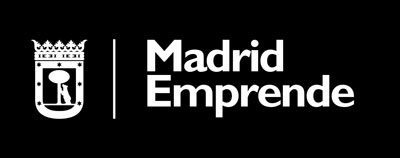- The implementation of the flat rate for self-employed workers has marked 2023, with a fixed fee of 80 euros per month during the first year
- This year, self-employed workers who exceed the SMI will lose this benefit, facing a minimum contribution of 294 euros per month
During the year 2023, many entrepreneurs have registered in the Special Regime for Self-Employed Workers (RETA) and, the majority of these have been able to access the new flat rate that is regulated by the real income contribution system, as long as they meet the following requirements:
- They cannot have been registered with the RETA in the last 2 years or during the last 3 years in the case of previously requesting this benefit.
- They cannot have outstanding debts with Social Security and the Treasury.
- They cannot be autonomous collaborators.
What is the new flat rate for self-employed workers?
With the flat rate for self-employed workers, which came into effect with the publication of the Royal Decree Law 13/2022, of July 26, a new contribution system has been established for the self-employed, which consists of entrepreneurs having to pay a fixed fee of 80 euros per month during the first year, extendable for another year as long as your income is less than the interprofessional minimum wage (SMI), in force at that time.
That is, self-employed workers registered in 2023 must not have had monthly income greater than 1,260 euros or 15,200 euros annually to maintain the flat rate in 2024.
When this second period covers part of 2 calendar years, the requirement relating to economic returns must be met in each of these annuities, since the minimum interprofessional salary is established by the Government each year in the general budgets of the State.
Once the SMI is exceeded, the self-employed will pay according to the new contribution system, based on their real income.
What happens if the requirements to benefit from the flat rate are not met?
Entrepreneurs will stop receiving the flat rate, either when they have already exceeded two years of activity, or in the event that they do not meet the requirement of maintaining net income (income minus expenses) greater than the SMI. In this case you will not be able to maintain the flat rate for the second year.
In summary, the implementation of the flat rate for self-employed workers, according to Royal Decree Law 13/2022, has marked the year 2023 with a fixed fee of 80 euros per month for the first year, extendable for those who meet certain requirements.
However, Starting in 2024, those self-employed who exceed the SMI will lose this benefit, facing a minimum contribution of 294 euros per month if their income exceeds the established SMI. The condition of income below the SMI is maintained, even for those who registered in 2023, underlining the importance of anticipating and managing changes in the contribution to maintain financial viability in the second year of activity.

